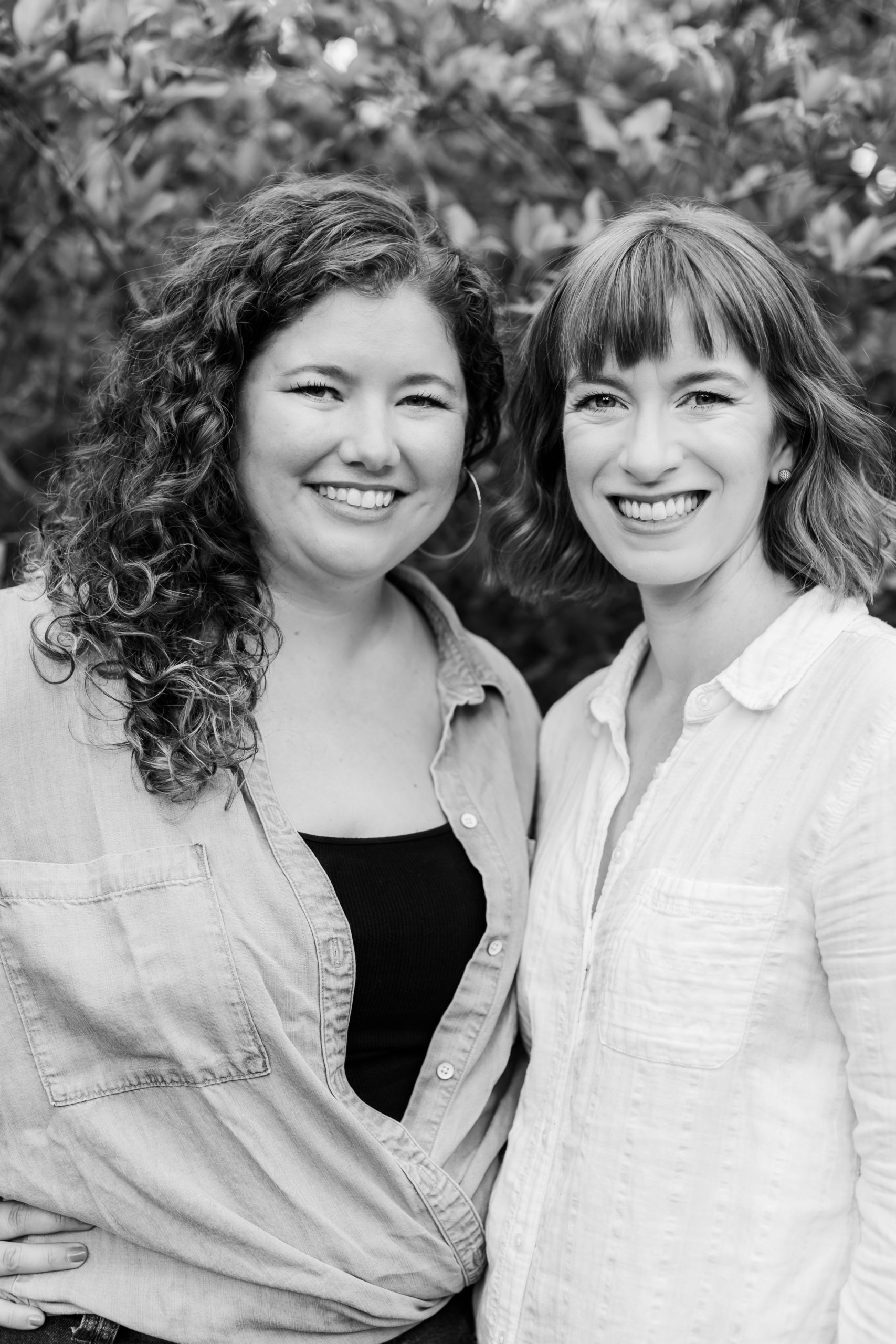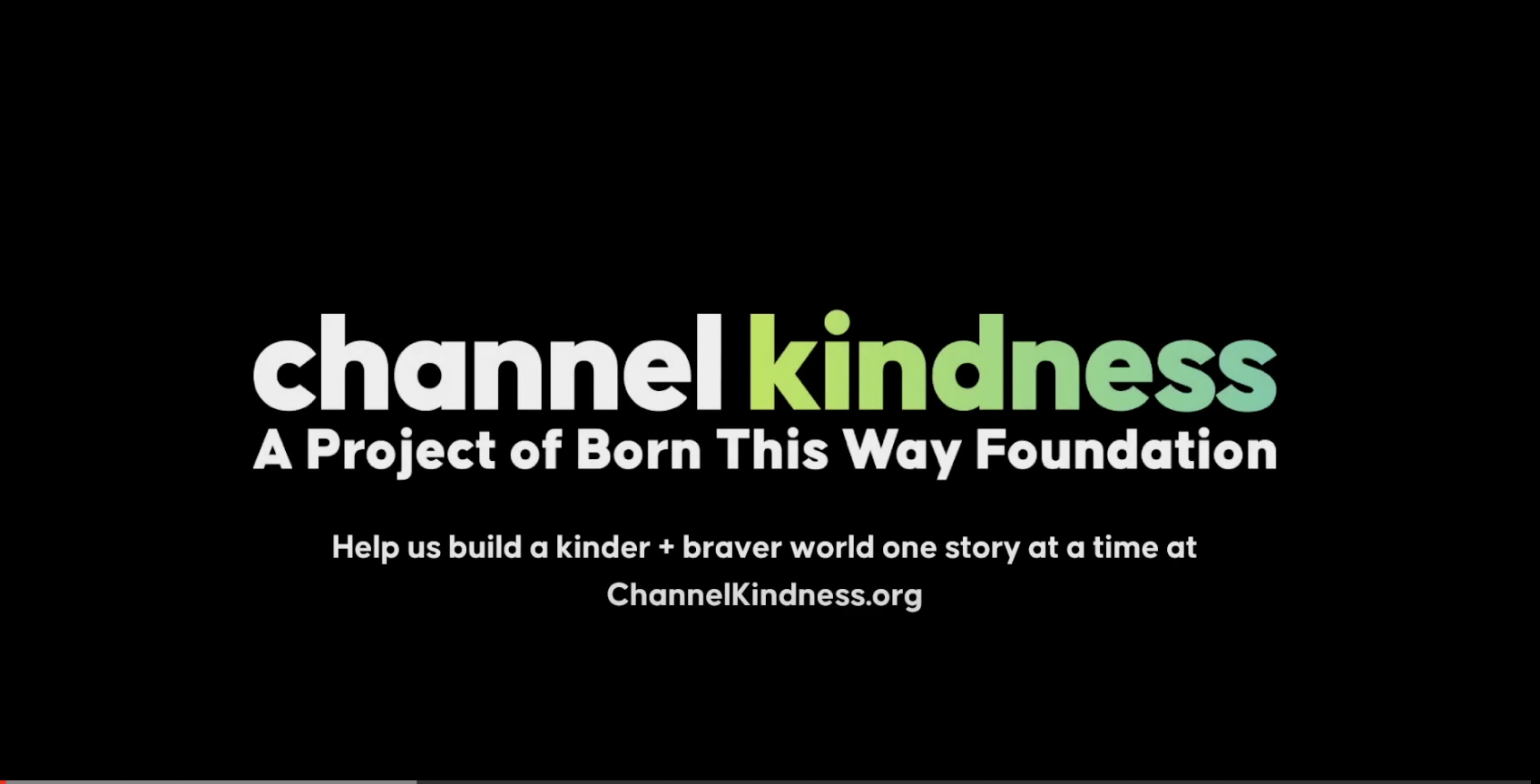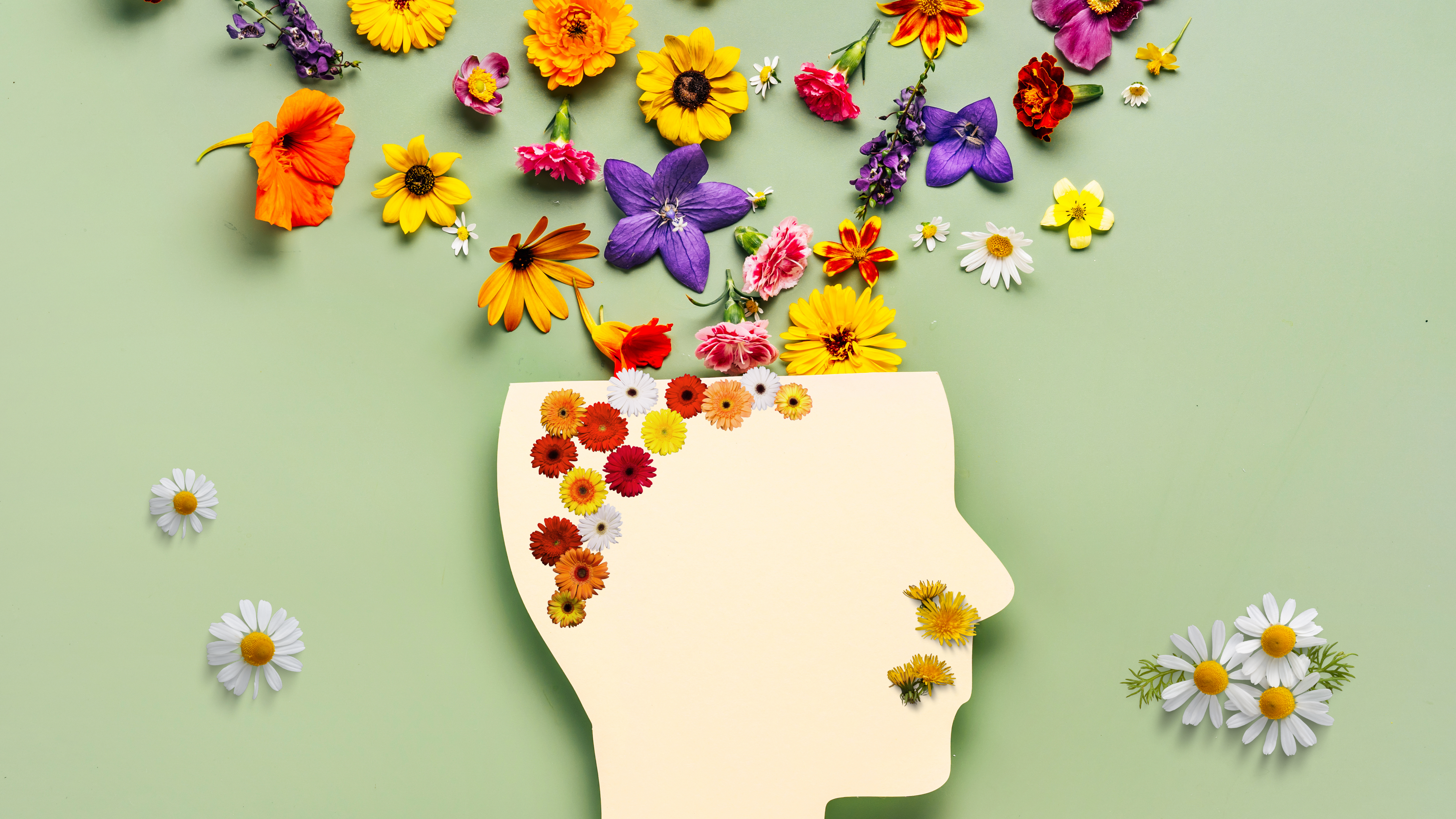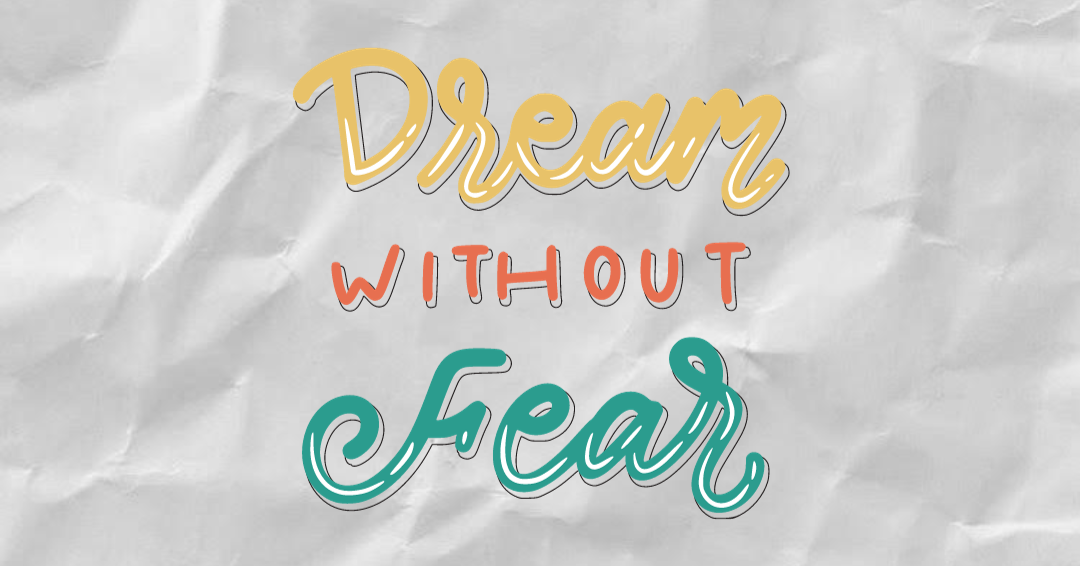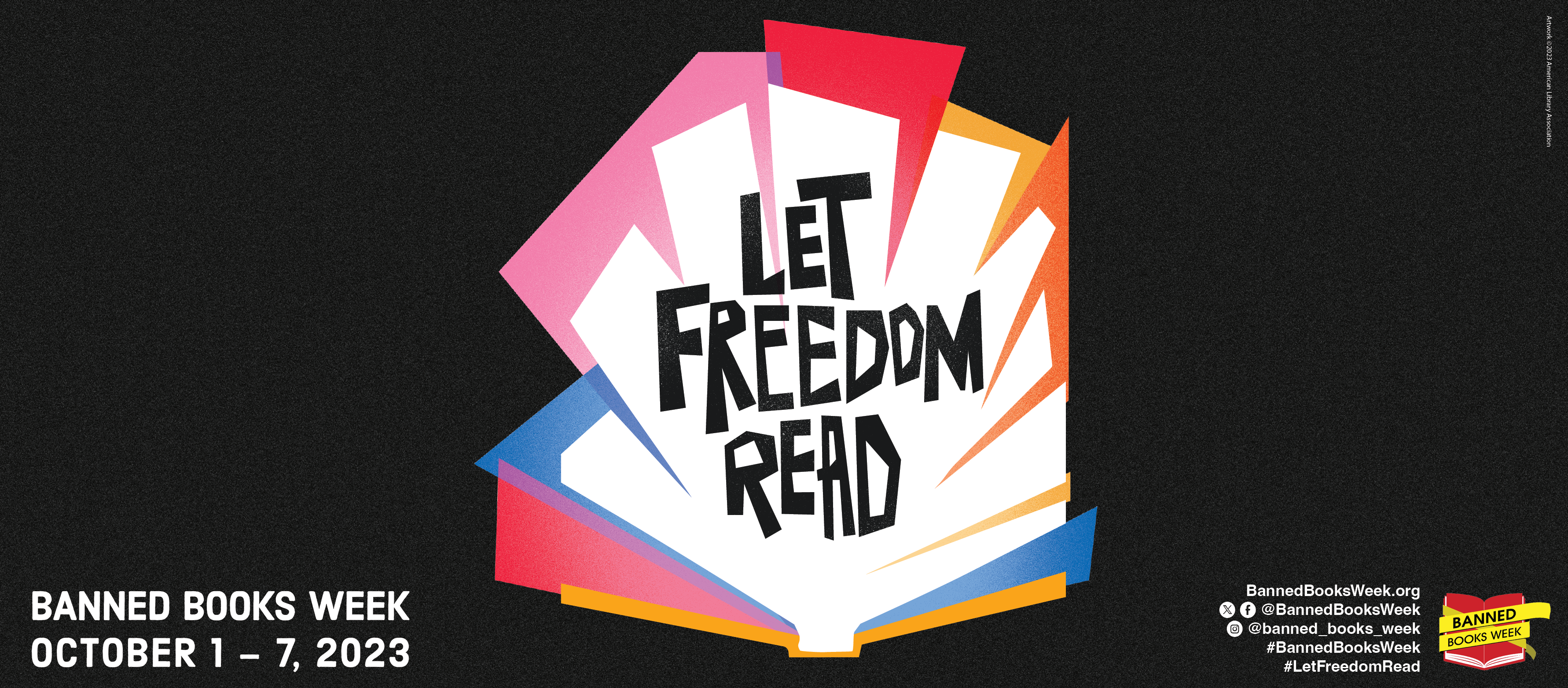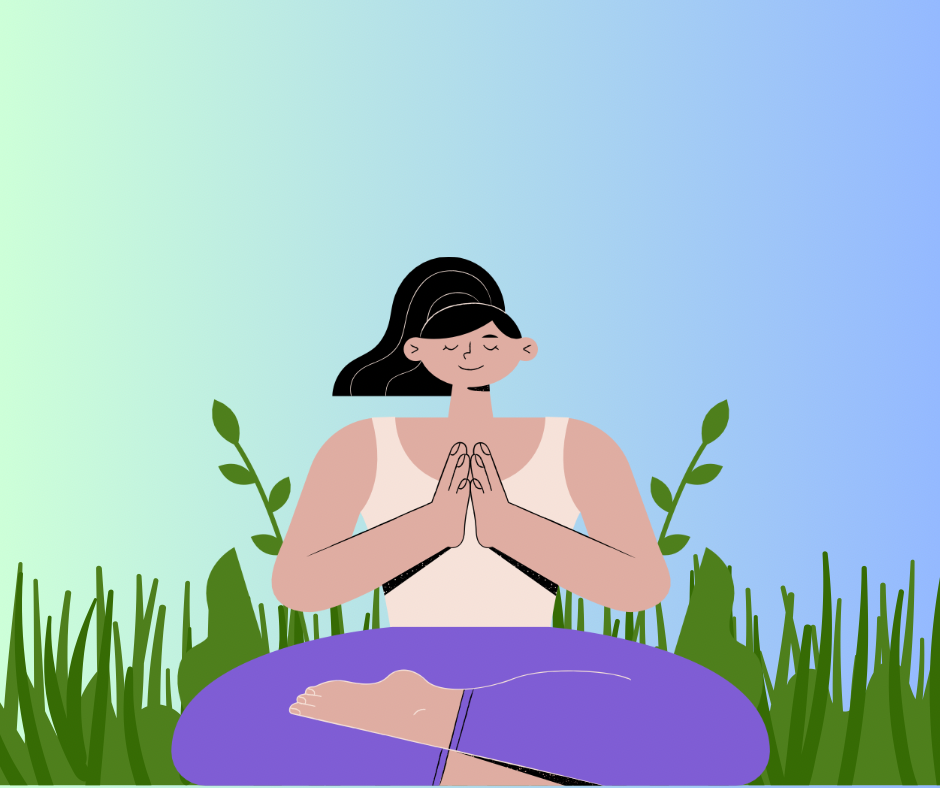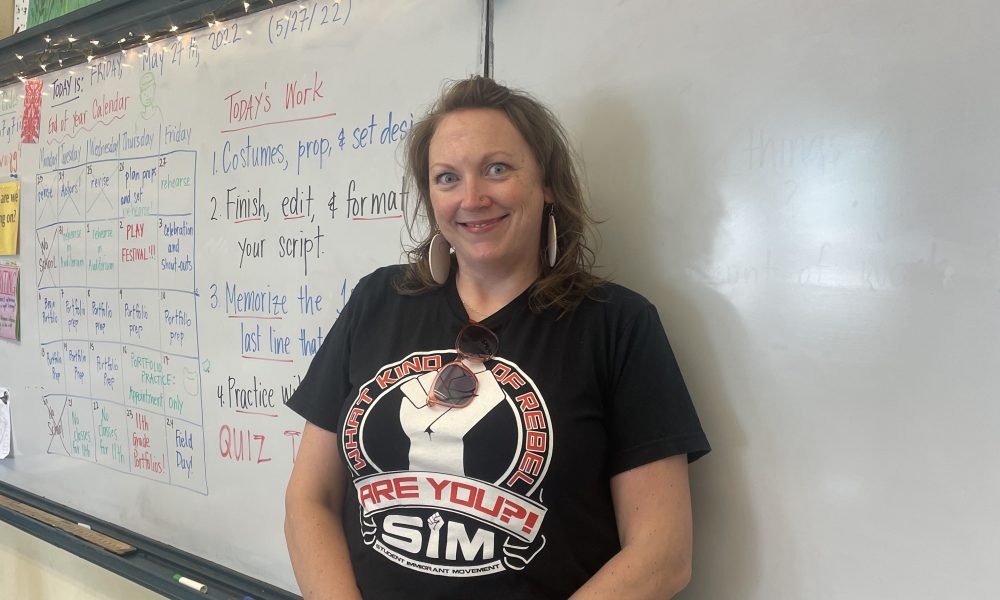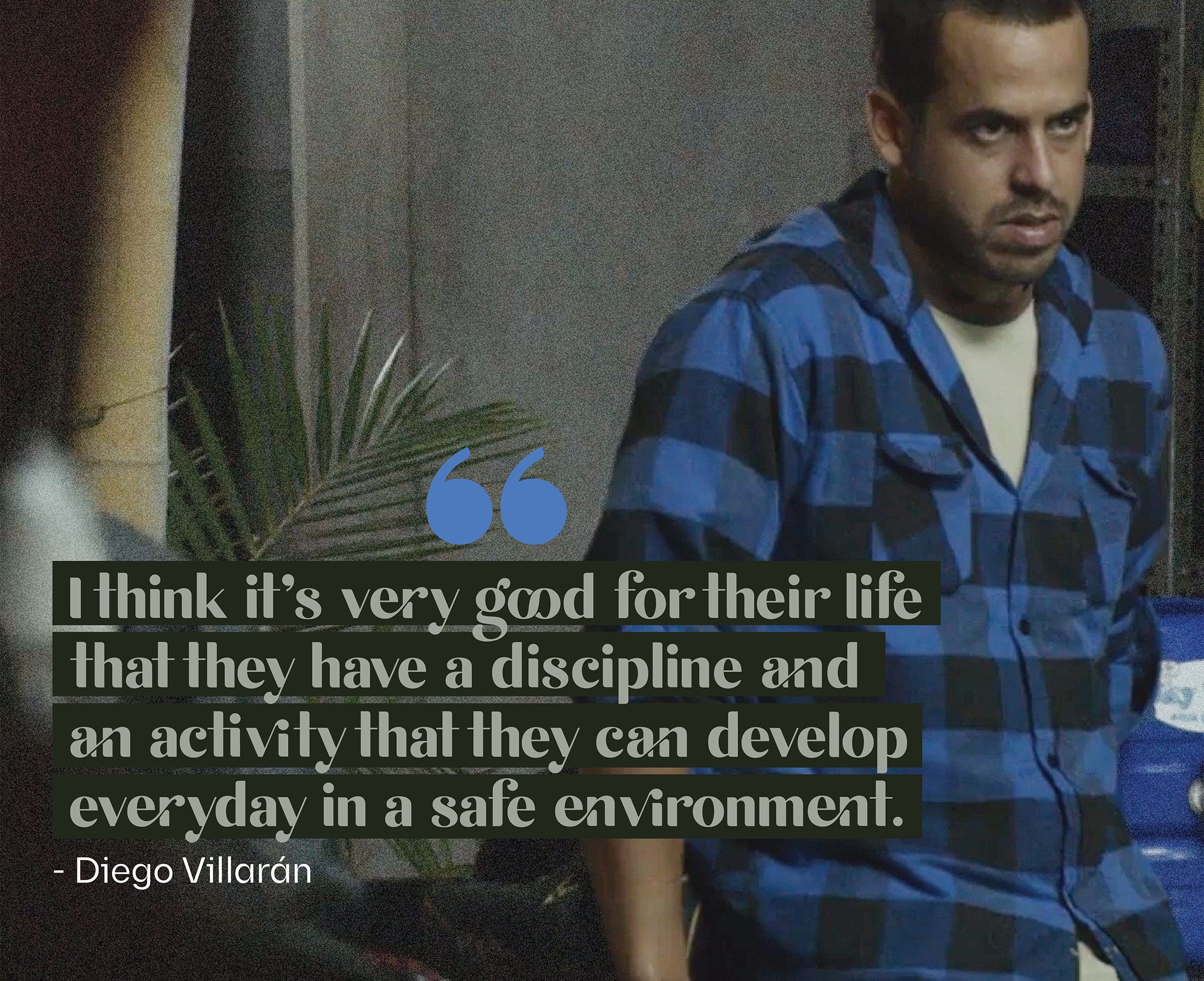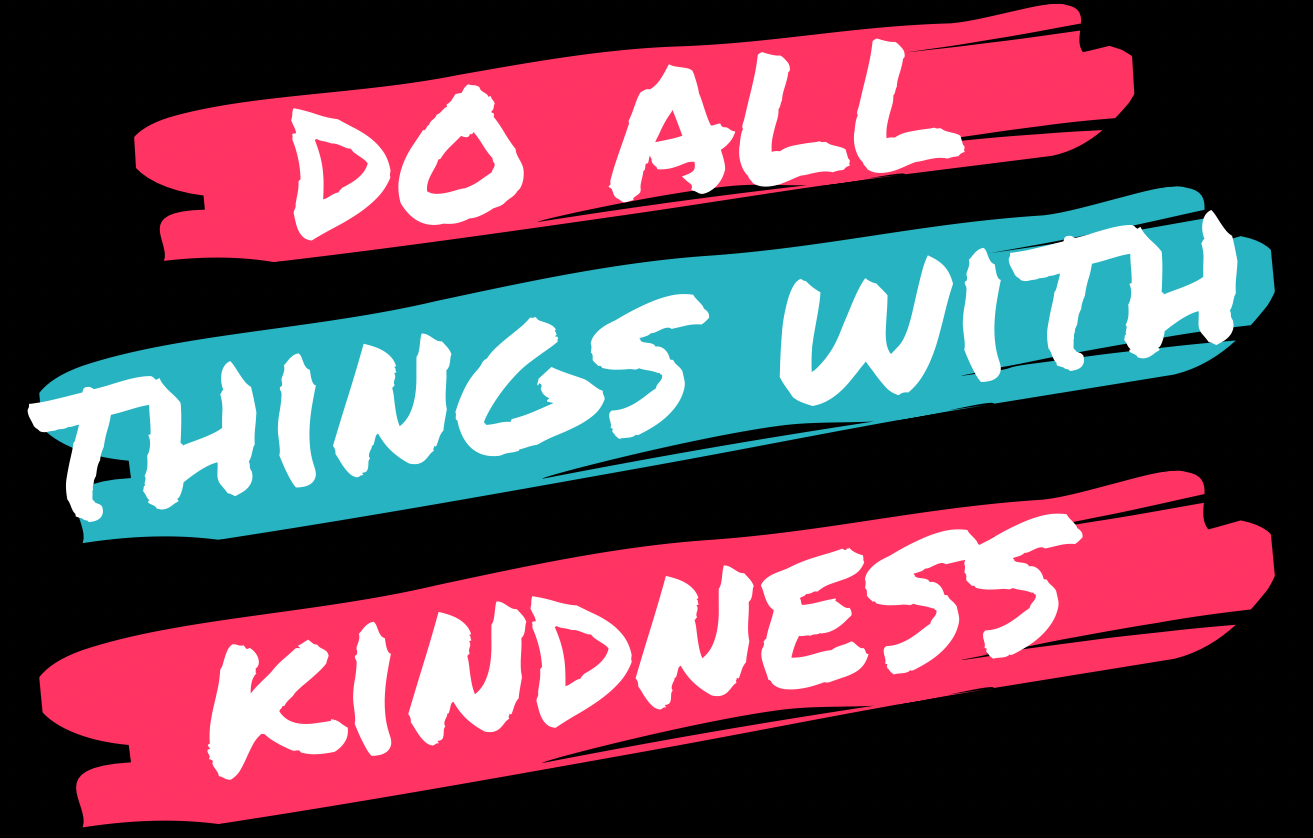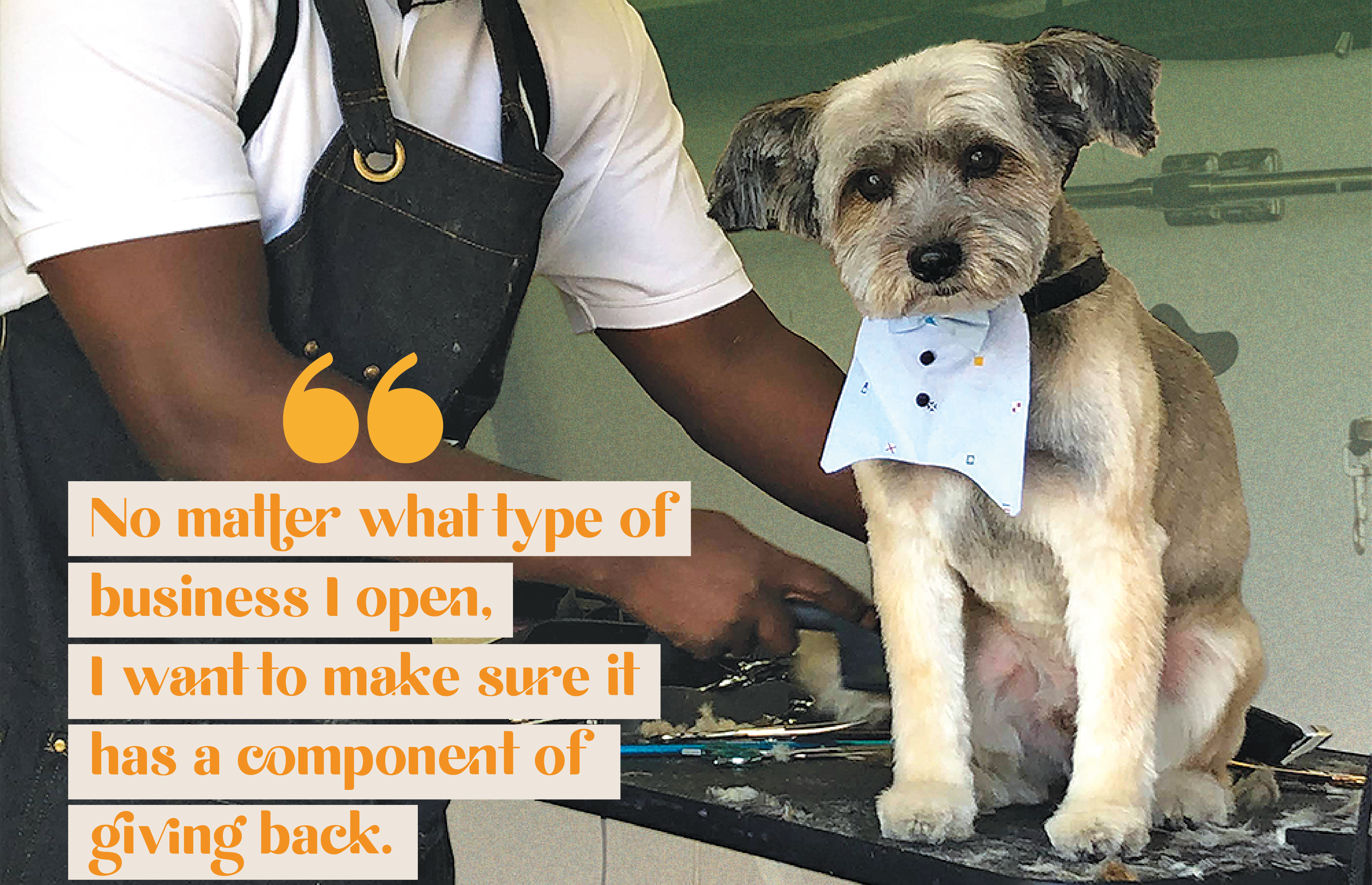“Everything’s going to be alright.”
That’s what we say to the kids in our lives. It falls out of our mouths almost instinctively at the first sign of tears or sadness. As new parents, we swaddle our fragile infants and sway back and forth while shh-ing and cooing, “It’s OK. I’m here.” As caregivers, we scoop up stumbling little ones when they scrape their knees and assure them, “You’re OK!” As teachers and mentors, we sit next to teenagers struggling with those first steps toward independence and desperately try to instill confidence, “It’s going to be fine. You’ve got this!”
We speak it over and over like a mantra. We whisper it like a prayer. We say it as much to ourselves as to them.
The fact is, not all of us think assuredly, “Everything’s going to be OK,” when looking at the state of our world, national politics, or even our local paper. And that stress is not only showing up in adults. Gen Z, in particular, is exhibiting skyrocketing stress levels as a result of the disruptions to their school and social lives due to the pandemic.
As caregivers, stress rises because we see their stress and struggle. We want to honestly tell the young people we love that everything will be OK. Yet when we look around us at a global pandemic, rising partisan rancor, the threat of climate change, the growing gap between the rich and the poor, and crises in seemingly every single major societal institution, it can feels hard to believe that all will be OK.
When the truth is hard, it’s easy to dodge the conversation. From cable news to social media feeds, all of us—including our kids—are inundated with everything from global issues like climate change to the latest political Tweetstorm. It’s the air we breathe in our hyperpolitical environment, and it is difficult to keep kids from being exposed. They are listening to us, and they are also talking to one another. They work out the questions we won’t answer, the topics we avoid, and the values we exhibit with one another.
Our kids are living in the same information age that we are. We may not have all of the answers, but we can tell our children that there are actions to take around combating climate change, school violence, or mass incarceration. We can teach our children that it is OK to disagree on how to address important issues in our world, but the fact that we are discussing them with kindness and action is a step in the right direction.
We know deep down—even as we’re swaddling and placing Band-Aids and wiping tears—that our children will face political conflict at every stage of their lives. That is as true with politics as it is with peer relationships and academic challenges. We’ve learned from our kids that no one wants to be denied information.
Instead, we all want to be invited into the conversation with grace and curiosity. We want to have our fears affirmed and our experiences heard. We want to be trusted with the tools to solve our own problems and contribute in a meaningful way. We don’t want someone to tell us they have all the answers. Trust is built when someone admits they were wrong, not when they insist they have a monopoly on being right. We want others to trust us enough to say “I don’t know” when that’s the truth. We want to have our values acknowledged, and we want to feel supported by those around us.
Our kids are no different.
Adapted from Now What? How to Move Forward When We’re Divided (About Basically Everything)




